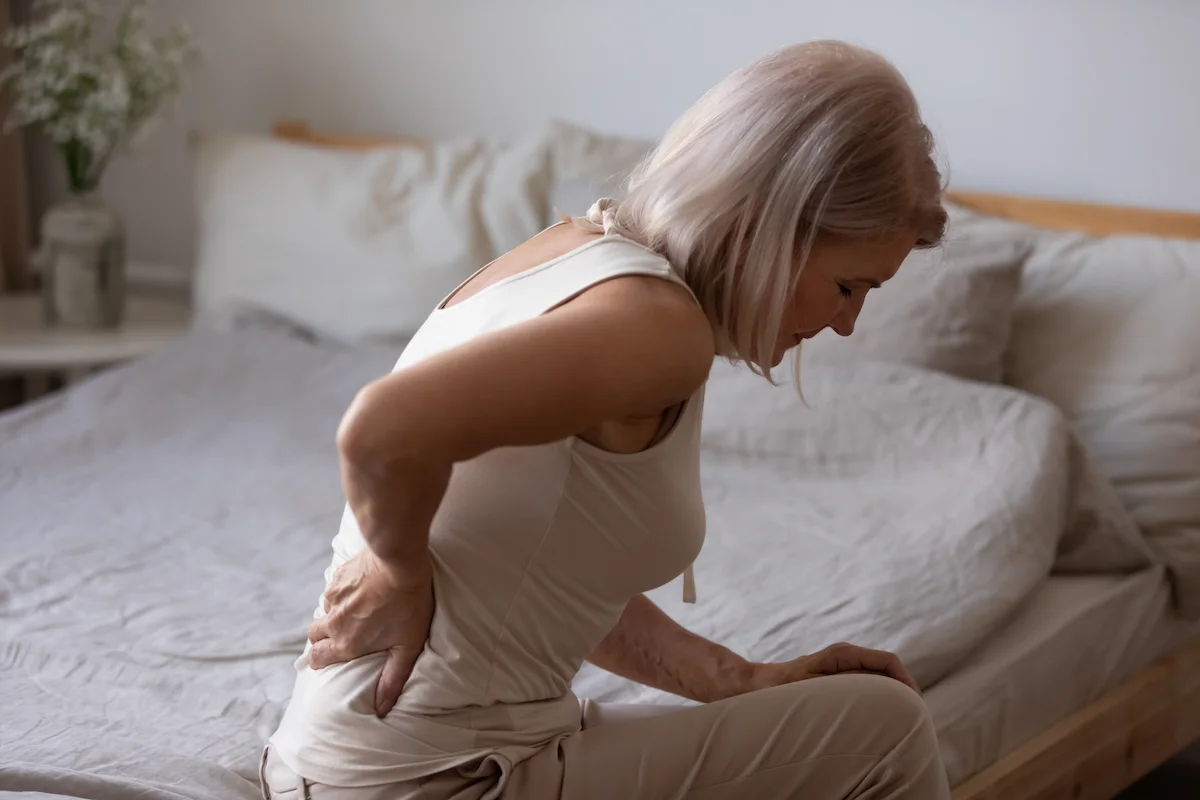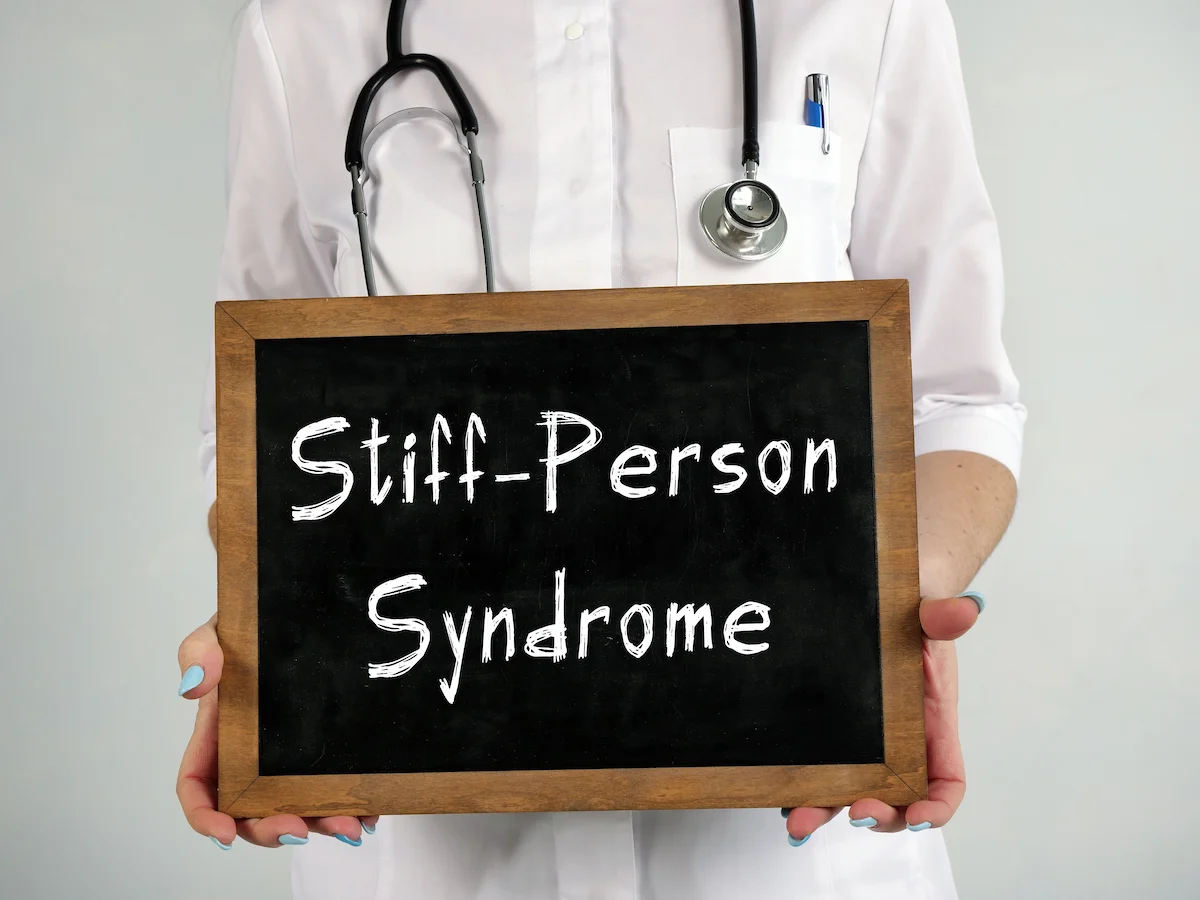Life Expectancy Stiff Person Syndrome in Miami

Stiff person syndrome (SPS) is a rare neurological disorder that can cause progressive muscle stiffness and spasms. While the condition can be challenging, understanding its nature and seeking appropriate medical care is crucial. If you’re in Miami and seeking information about SPS, this article will provide insights into the condition, its potential impact on life expectancy, and available treatment options.
What is Stiff Person Syndrome?
Stiff person syndrome is a rare autoimmune disorder that affects the central nervous system (brain and spinal cord). It’s characterized by:
- Muscle stiffness: Gradual stiffening of the muscles in the trunk and limbs.
- Muscle spasms: Involuntary muscle contractions that can be extremely painful.
- Increased sensitivity to stimuli: Noise, touch, or emotional distress can trigger spasms.
Muscle Stiffness: A Defining Symptom
Muscle stiffness is a hallmark symptom of SPS. It often starts in the trunk, affecting the back and abdomen, and can gradually spread to the limbs. The stiffness can fluctuate in intensity and may worsen over time.
What is Muscle Rigidity?
Muscle rigidity is a severe form of muscle stiffness where the muscles are constantly contracted and resistant to movement. This rigidity can be very painful and debilitating.
Life Expectancy Stiff Person Syndrome: Understanding the Prognosis
Life expectancy stiff person syndrome is a complex question. While SPS itself is not directly fatal, its complications and the impact on overall health can affect lifespan.
- Impact of Complications: Complications like falls due to muscle spasms, respiratory failure from chest muscle stiffness, and other associated health problems can pose risks.
- Importance of Management: Consistent medical management and supportive therapies can significantly improve quality of life and potentially influence life expectancy.
It’s crucial to consult with a specialist for personalized information.

Treatment for Stiff Person Syndrome: Managing Symptoms
While there’s no cure for SPS, various treatments aim to manage symptoms and improve quality of life:
- Medications: Muscle relaxants, anti-anxiety medications, and pain relievers.
- Immunotherapies: To suppress the autoimmune response.
- Physical Therapy: To improve mobility and reduce stiffness.
- IVIg (Intravenous Immunoglobulin): A treatment that provides antibodies to help regulate the immune system.
Primary Doctor in Miami: Your Partner in Care
If you’re experiencing symptoms of SPS, seeking care from a qualified healthcare provider is essential. A primary doctor in Miami can:
- Perform an initial assessment.
- Rule out other conditions.
- Provide referrals to specialists like neurologists or rheumatologists.
- Coordinate your care and provide ongoing support.
Primary Care Doctor: Hiriart & Lopez MD
At Hiriart & Lopez MD in Miami, our primary care physicians are committed to providing comprehensive and compassionate care. We work closely with specialists to ensure you receive the best possible management for your condition.
Key Takeaways:
- Stiff person syndrome is a rare neurological disorder causing muscle stiffness and spasms.
- While not directly fatal, complications can affect life expectancy, making proper management crucial.
- Treatment focuses on symptom relief and improving quality of life.
- Consult a primary care doctor in Miami for diagnosis and referral to specialists.
Disclaimer: This article is for informational purposes only and should not be considered medical advice. Always consult a qualified healthcare professional for diagnosis and treatment of any health condition.
FAQs: Life Expectancy Stiff Person Syndrome
- What are the early signs of stiff person syndrome?
Early signs of SPS can be subtle and may include muscle stiffness and spasms, often in the back and legs. These symptoms may worsen with stress or loud noises. - How is stiff person syndrome diagnosed?
Diagnosing SPS can be challenging as it’s a rare condition. Diagnosis typically involves a physical exam, neurological exam, electromyography (EMG) to measure muscle activity, and blood tests to check for specific antibodies. - Are there any specific triggers for muscle spasms in stiff person syndrome?
Yes, common triggers include sudden movements, loud noises, emotional distress, and even cold temperatures. - Is there a cure for stiff person syndrome?
Currently, there is no cure for SPS. However, treatments are available to help manage symptoms and improve quality of life. - I’m experiencing muscle stiffness and spasms. How can a primary care doctor in Miami help?
A primary care doctor in Miami, such as those at Hiriart & Lopez MD, can evaluate your symptoms, rule out other conditions, and provide referrals to specialists like neurologists or rheumatologists who have expertise in managing SPS. They can also help coordinate your overall care.
Contact Us
Hiriart & Lopez MD, LLC
9950 SW 107th Ave STE 101,
Miami, FL 33176
305-274-8779
Phone: (305) 274-8779
Fax: (305) 274-0646
OPENING HOURS
Monday 7:30 AM–4:30 PM
Tuesday 7:30 AM–4:30 PM
Wednesday 7:30 AM–4:30 PM
Thursday 7:30 AM–4:30 PM
Friday 7:30–11 AM
Saturday Closed
Sunday Closed
OFFICE LOCATION
Life Expectancy Stiff Person Syndrome in Miami

Stiff person syndrome (SPS) is a rare neurological disorder that can cause progressive muscle stiffness and spasms. While the condition can be challenging, understanding its nature and seeking appropriate medical care is crucial. If you’re in Miami and seeking information about SPS, this article will provide insights into the condition, its potential impact on life expectancy, and available treatment options.
What is Stiff Person Syndrome?
Stiff person syndrome is a rare autoimmune disorder that affects the central nervous system (brain and spinal cord). It’s characterized by:
- Muscle stiffness: Gradual stiffening of the muscles in the trunk and limbs.
- Muscle spasms: Involuntary muscle contractions that can be extremely painful.
- Increased sensitivity to stimuli: Noise, touch, or emotional distress can trigger spasms.
Muscle Stiffness: A Defining Symptom
Muscle stiffness is a hallmark symptom of SPS. It often starts in the trunk, affecting the back and abdomen, and can gradually spread to the limbs. The stiffness can fluctuate in intensity and may worsen over time.
What is Muscle Rigidity?
Muscle rigidity is a severe form of muscle stiffness where the muscles are constantly contracted and resistant to movement. This rigidity can be very painful and debilitating.
Life Expectancy Stiff Person Syndrome: Understanding the Prognosis
Life expectancy stiff person syndrome is a complex question. While SPS itself is not directly fatal, its complications and the impact on overall health can affect lifespan.
- Impact of Complications: Complications like falls due to muscle spasms, respiratory failure from chest muscle stiffness, and other associated health problems can pose risks.
- Importance of Management: Consistent medical management and supportive therapies can significantly improve quality of life and potentially influence life expectancy.
It’s crucial to consult with a specialist for personalized information.

Treatment for Stiff Person Syndrome: Managing Symptoms
While there’s no cure for SPS, various treatments aim to manage symptoms and improve quality of life:
- Medications: Muscle relaxants, anti-anxiety medications, and pain relievers.
- Immunotherapies: To suppress the autoimmune response.
- Physical Therapy: To improve mobility and reduce stiffness.
- IVIg (Intravenous Immunoglobulin): A treatment that provides antibodies to help regulate the immune system.
Primary Doctor in Miami: Your Partner in Care
If you’re experiencing symptoms of SPS, seeking care from a qualified healthcare provider is essential. A primary doctor in Miami can:
- Perform an initial assessment.
- Rule out other conditions.
- Provide referrals to specialists like neurologists or rheumatologists.
- Coordinate your care and provide ongoing support.
Primary Care Doctor: Hiriart & Lopez MD
At Hiriart & Lopez MD in Miami, our primary care physicians are committed to providing comprehensive and compassionate care. We work closely with specialists to ensure you receive the best possible management for your condition.
Key Takeaways:
- Stiff person syndrome is a rare neurological disorder causing muscle stiffness and spasms.
- While not directly fatal, complications can affect life expectancy, making proper management crucial.
- Treatment focuses on symptom relief and improving quality of life.
- Consult a primary care doctor in Miami for diagnosis and referral to specialists.
Disclaimer: This article is for informational purposes only and should not be considered medical advice. Always consult a qualified healthcare professional for diagnosis and treatment of any health condition.
FAQs: Life Expectancy Stiff Person Syndrome
- What are the early signs of stiff person syndrome?
Early signs of SPS can be subtle and may include muscle stiffness and spasms, often in the back and legs. These symptoms may worsen with stress or loud noises. - How is stiff person syndrome diagnosed?
Diagnosing SPS can be challenging as it’s a rare condition. Diagnosis typically involves a physical exam, neurological exam, electromyography (EMG) to measure muscle activity, and blood tests to check for specific antibodies. - Are there any specific triggers for muscle spasms in stiff person syndrome?
Yes, common triggers include sudden movements, loud noises, emotional distress, and even cold temperatures. - Is there a cure for stiff person syndrome?
Currently, there is no cure for SPS. However, treatments are available to help manage symptoms and improve quality of life. - I’m experiencing muscle stiffness and spasms. How can a primary care doctor in Miami help?
A primary care doctor in Miami, such as those at Hiriart & Lopez MD, can evaluate your symptoms, rule out other conditions, and provide referrals to specialists like neurologists or rheumatologists who have expertise in managing SPS. They can also help coordinate your overall care.
Contact Us
Hiriart & Lopez MD, LLC
9950 SW 107th Ave STE 101,
Miami, FL 33176
305-274-8779
Phone: (305) 274-8779
Fax: (305) 274-0646
OPENING HOURS
Monday 7:30 AM–4:30 PM
Tuesday 7:30 AM–4:30 PM
Wednesday 7:30 AM–4:30 PM
Thursday 7:30 AM–4:30 PM
Friday 7:30–11 AM
Saturday Closed
Sunday Closed

